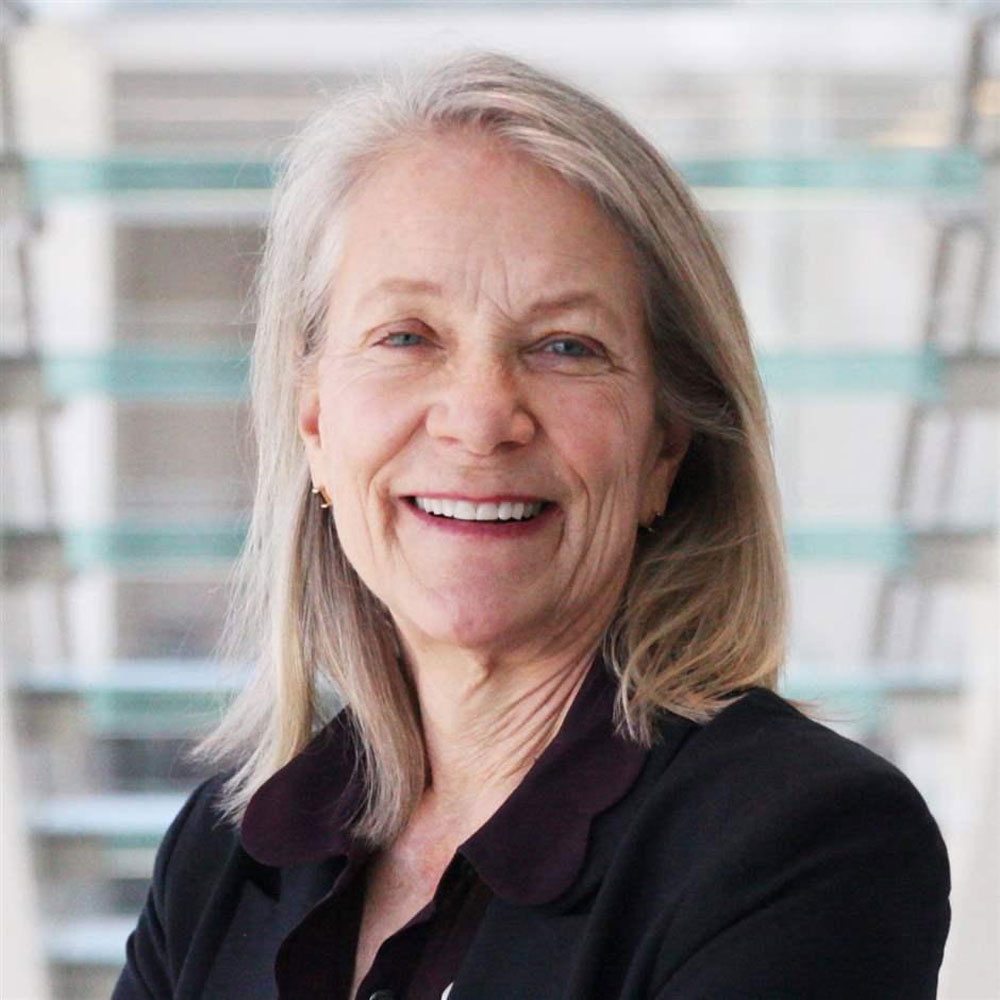
March 19, 2020; Philadelphia Inquirer
Rebecca W. Rimel announced last year that she would be retiring from her role as president and CEO of the Pew Charitable Trusts, so last week’s news that the board had named a replacement was not a surprise. With support from a search committee, the board named Susan K. Urahn, the organization’s current executive vice president and chief program officer, to the position effective July 1, 2020.
On paper Rimel and Urahn have many similarities, so this leadership change is not likely to result in any kind of radical refocusing of Pew’s ongoing work. Rimel came to Pew in 1983 as a health program manager and then was promoted to her current role 11 years later. Prior to Pew, Rimel had established herself as a leader in the medical field. She was the first nurse to hold a faculty position at the University of Virginia’s Medical School, and she served as an assistant professor in the Department of Neurosurgery. Urhan’s background is in education policy and administration. She arrived at Pew in 1994, the same year Rimel became CEO, and joined the planning and evaluation division, which she later led. She also helped launch Pew’s Center on the States.
Pew’s growth under Rimel’s leadership has been dramatic. When she took over as CEO, the organization had fewer than 10 employees, and it now has more than 1,000 worldwide. As part of Pew’s focused programming on its “hometown” of Philadelphia, the Philadelphia Inquirer notes that “Rimel was deeply involved in civic projects in the city, including the creation of the visitor center on Independence Mall, the move of the Barnes Foundation to the Benjamin Franklin Parkway, and the creation of a new Alexander Calder Sanctuary that will showcase the Philadelphia-born sculptor’s work across from the Barnes and the Rodin Museum.”
Sign up for our free newsletters
Subscribe to NPQ's newsletters to have our top stories delivered directly to your inbox.
By signing up, you agree to our privacy policy and terms of use, and to receive messages from NPQ and our partners.
Beyond Philadelphia, Rimel has also established Pew’s reputation “as a global research and public policy organization,” while still adhering to its mission “as a non-partisan, non-governmental organization dedicated to serving the public.” The Pew Research Center, which conducts public opinion polling, demographic research, media content analysis, and other empirical social science research, including recent surveys of Americans’ attitudes regarding news about COVID-19.
Board chair Robert H. Campbell conveyed his colleagues’ enthusiasm about Urahn’s selection in a statement, noting that she has been a significant part of Pew’s growth. “Sue has been an important part of Pew’s success in state policy, health care, and conservation, and her breadth of experience is unmatched,” he says, adding, “She is also a strategist and creative thinker who will champion Pew’s core values and protect the organization’s reputation for nonpartisanship, fact-based research and recommendations, and integrity.”
In light of the new challenges that have emerged from the outbreak of COVID-19, it is possible that the Biomedical Research Division might expand under Urahn’s direction. Alternatively, given Urahn’s own background in higher education policy, it is possible that Pew’s student loan program, which has been doing important work on trends in student borrowing within the context of economic mobility, could also expand. Conservation has become a priority for Pew over the years and this could be yet another area of growth for the organization in the near future. In any case, Urahn’s leadership will be worth observing because the enormity of the organization’s endowment means that Pew could really make a dent in the serious challenges that the world is now facing.—Anne Eigeman













